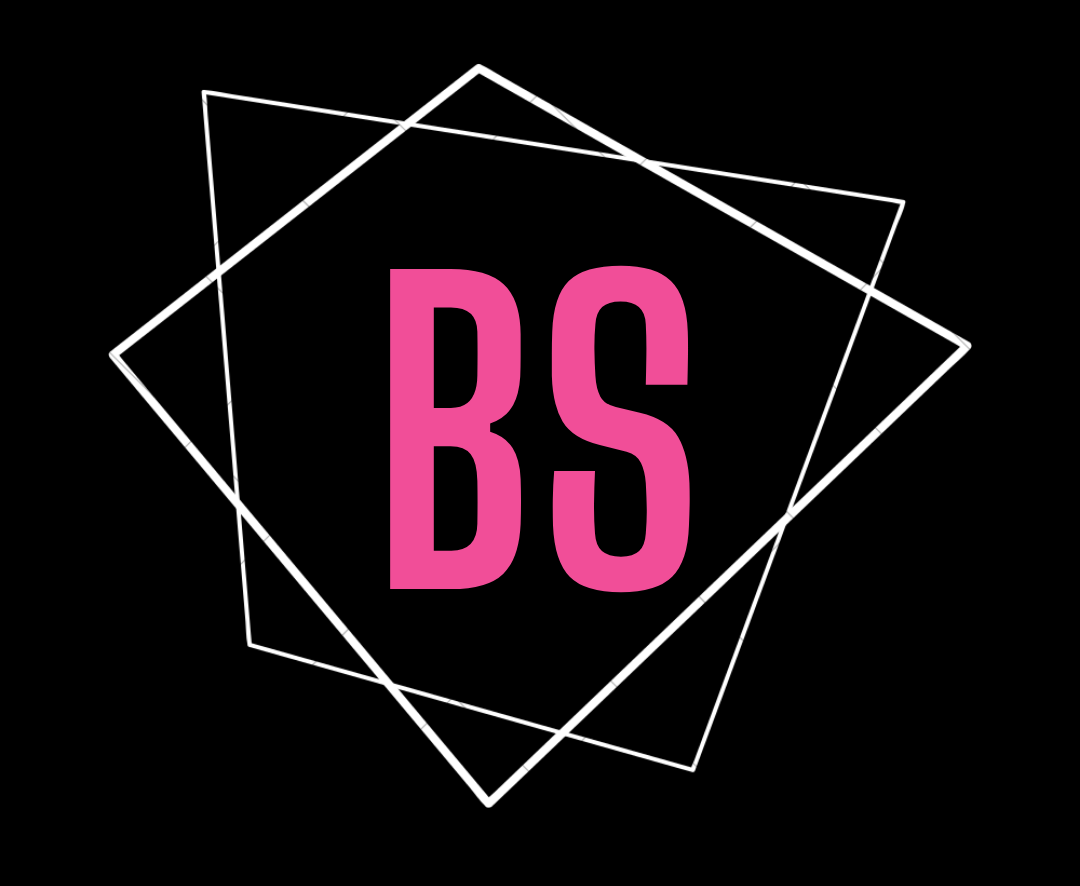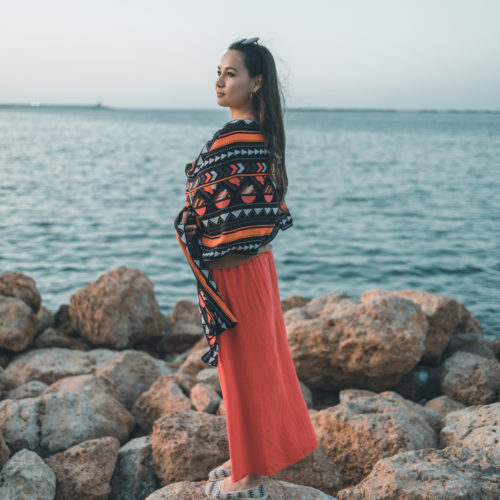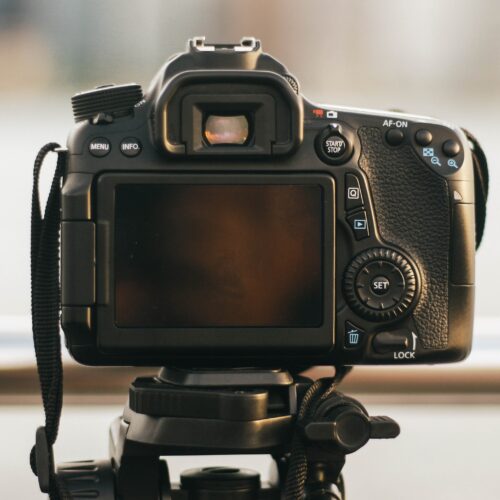If you’re just getting started with photography, congratulations! Learning to take photos has never been more exciting or easier than it is today. Today’s market is flooded with a variety of offline and online courses, books, workshops, websites and podcasts that didn’t exist a decade ago.
There was a time when photography was beyond the capabilities of the average person. Today, however, taking beautiful photos no longer belongs only to professionals; it has become a part of our everyday lives. Nowadays, almost everyone owns a camera of some sort.
If you are looking for ways to improve your photography skills, or if you are just getting started with photography, this article is for you.
WHAT IS THE PURPOSE OF YOUR PHOTOGRAPHY?
First thing: you need to understand why you want to learn photography. Is it purely for fun and a hobby? Or are you planning to develop it into a business? It is very good to understand your goals and ambitions to see how much time and money you are willing to invest in this new activity.
Nowadays, camera markets are affordable enough, yet I don’t recommend running out and buying the most expensive camera first thing. Especially if you don’t plan to make a living out of photography anytime soon.
In my article on travel photography, I wrote a lot about the fact that a good quality smartphone can sometimes take better photos than a DSLR camera that you use in auto mode. It’s never just about the gear you use. It’s always about your skills and creativity. So first, feel free to start with your phone.
How to choose the right camera? If you already think you have to buy a camera, then I highly recommend renting one first. I’m sure there will be a friend or relative who has a camera and will be happy to lend it to you for a few days. If you still can’t borrow a camera from a friend, there are plenty of places where you can borrow a camera for a relatively low price, such as fotolab.sk for example.
ALWAYS READ THE CAMERA MANUAL
It may sound silly and a lot of people never read the manual for their electronics, but trust me, the camera is a completely different story. So if you already have a camera, if you’ve decided to buy one, borrow one from someone, or even if you have a phone instead, always read the manual first. You may not fully understand everything, but that’s okay. Just put the idea off for later and there will be a time when you will come back to it.
Throughout the learning process, the manual will be your best friend. All photography courses are usually more general when it comes to camera settings, because every camera is completely different. The manual will help you understand the specifics of your camera.
The last thing you want to do when you’re shooting is manipulate your camera when you should already be composing a shot or studying your subject. Not only will you look stupid, but you’ll most likely kill your photo before you ever press the shutter.
FIND YOUR STUDY SOURCE
In order to learn something, you have to study. There are many ways to do this in the case of photography, but it will take patience, structure, discipline, and hard work. Below are my tips for learning how to take photos like a pro.
READ BOOKS AND ARTICLES ON HOW TO LEARN PHOTOGRAPHY
If you are the visual type when it comes to learning, then reading books or various articles is the way to learn how to take photos. However, some people may not find this enough and would like to mix this type of learning with others, which is quite common and I would say it’s even better because you get different perspectives.
Once you have a full grasp of the basics of photography, you can also search for books and articles by focus. You’ll find slightly different tips for portrait photography, and others for wedding or product photography.
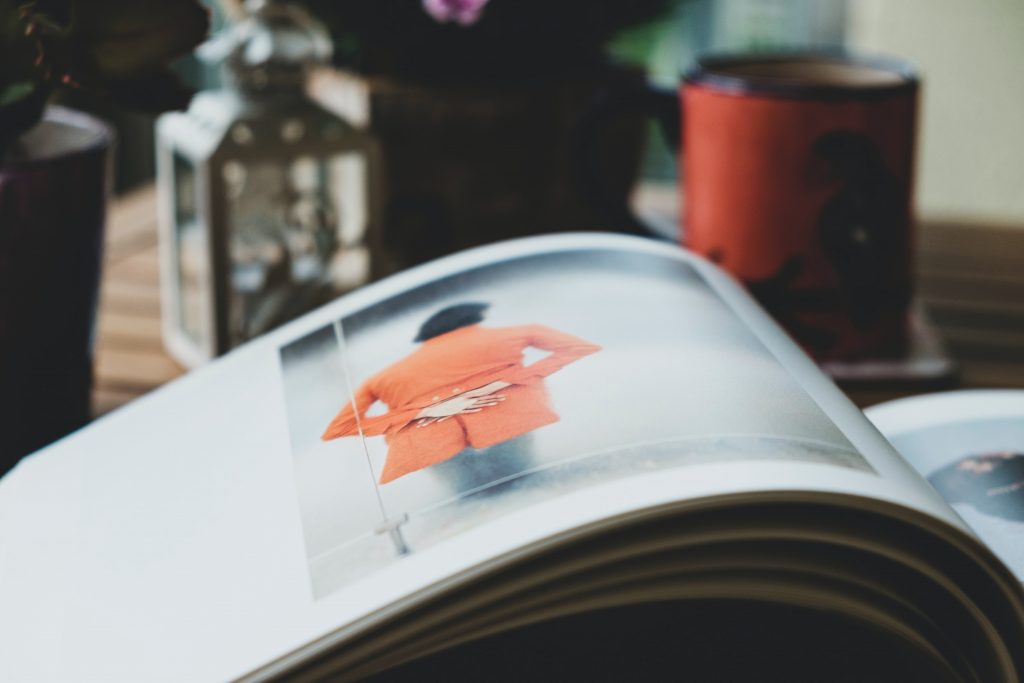
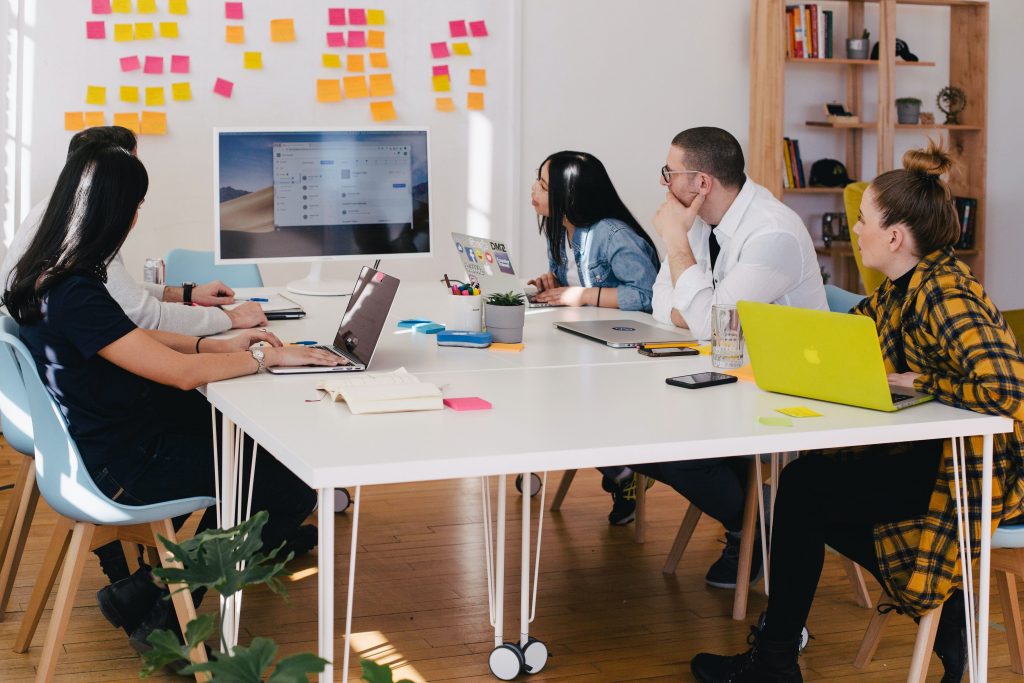
ATTEND WORKSHOPS ON THE BASICS OF PHOTOGRAPHY
Workshops are especially good for people who might want to go to photography school, but don’t want to commit to more than 3 years and spend a bunch of money on it. That’s not to say that workshops aren’t expensive, but most of the time it’s quite a bargain.
Workshops are also great for networking, discovering styles you like, and most of all – it’s human contact with more experienced photographers where you can ask as many questions as you want. It’s great because these photographers sometimes share their tips and tricks that you might not find online.
WATCH ONLINE COURSES ABOUT PHOTOGRAPHY
There are very many self-development platforms such as Udemy, Skillshare, Coursera and many others where you can get an online photography course for free or for a small amount. Many photographers have a YouTube channel and share their tips and tricks there. Some photographers have their own platforms that are easy to search for using Google. If you like a particular photographer’s style – go check to see if they are doing an online course that you could follow!
I’ve personally taken a lot of different courses, most of them repeat some basic information, but in all of them I’ve always found some information that was new to me. If you’re a complete beginner or just getting into photography, I might recommend checking out my favorite masterclass photography course on Udemy. I liked the structure and I think the course covers a good portion of the basics, which will be more than enough to get you started shooting right away.
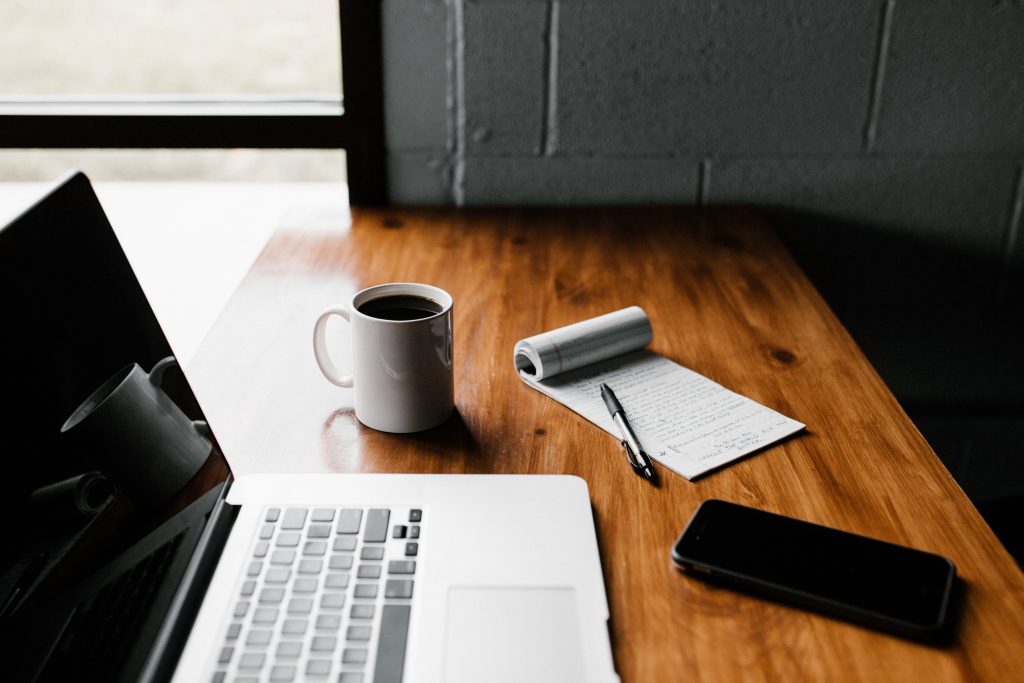
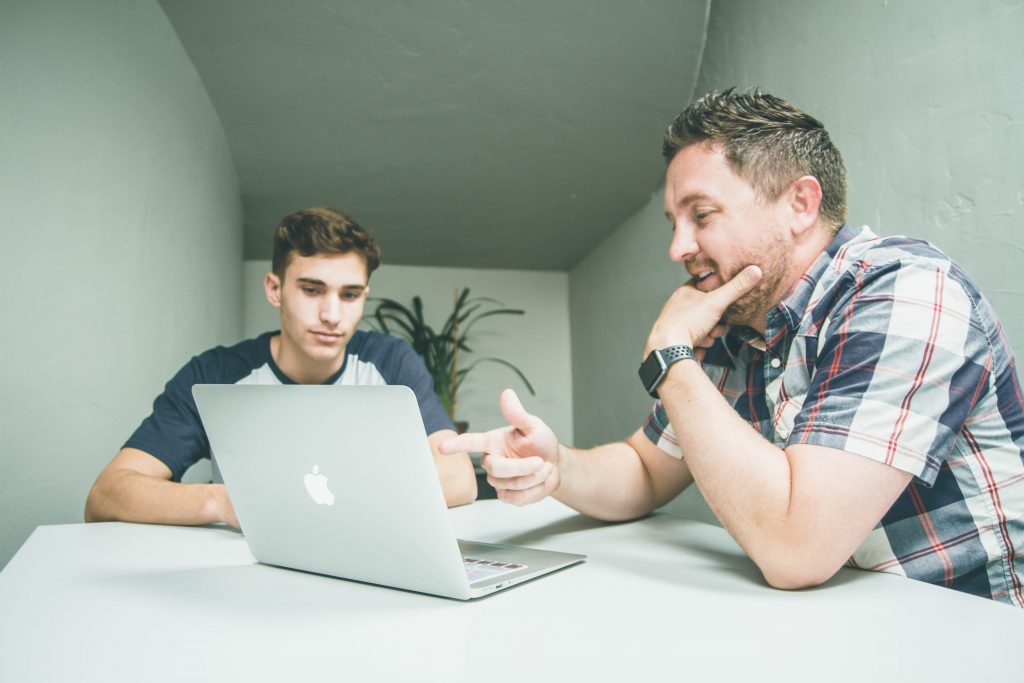
GET A MENTOR OR GO ASSIST OTHER PHOTOGRAPHERS
Mentoring and assisting other photographers are surprisingly overlooked ways to break into the art of photography and learn how to shoot like a pro. It’s basically like an individual study program tailored specifically for you! Because if you get a mentor or go help someone with their professional photography, you’ll get exactly the skills you NEED while being able to ask the photographer or mentor as many questions as you need.
My simple tip – do detailed research on the photographer you will be working for. Find out everything you can about him or her. In doing so, make sure you choose someone who is generous in talking about their knowledge and shoots in a style that you like too. Conversely, choosing the wrong mentor/photographer can leave you demotivated.
P.s .: if you like my work, feel free to reach out to me about mentoring 🙂
FOLLOW DIFFERENT PHOTOGRAPHERS, FORUMS, PODCASTS
It probably won’t help you learn photography if you do ONLY this. But when you get down to the basics, it’s a great source of picking up a lot of extra inspiration, getting some tips and tricks and finding your own style.
Make a board with images from other photographers you like (you can use Pinterest, for example) and keep it in front of you to inspire you every time you shoot. I also often create examples like this before a shoot and show them to models to give them an idea of the style I’m looking for.
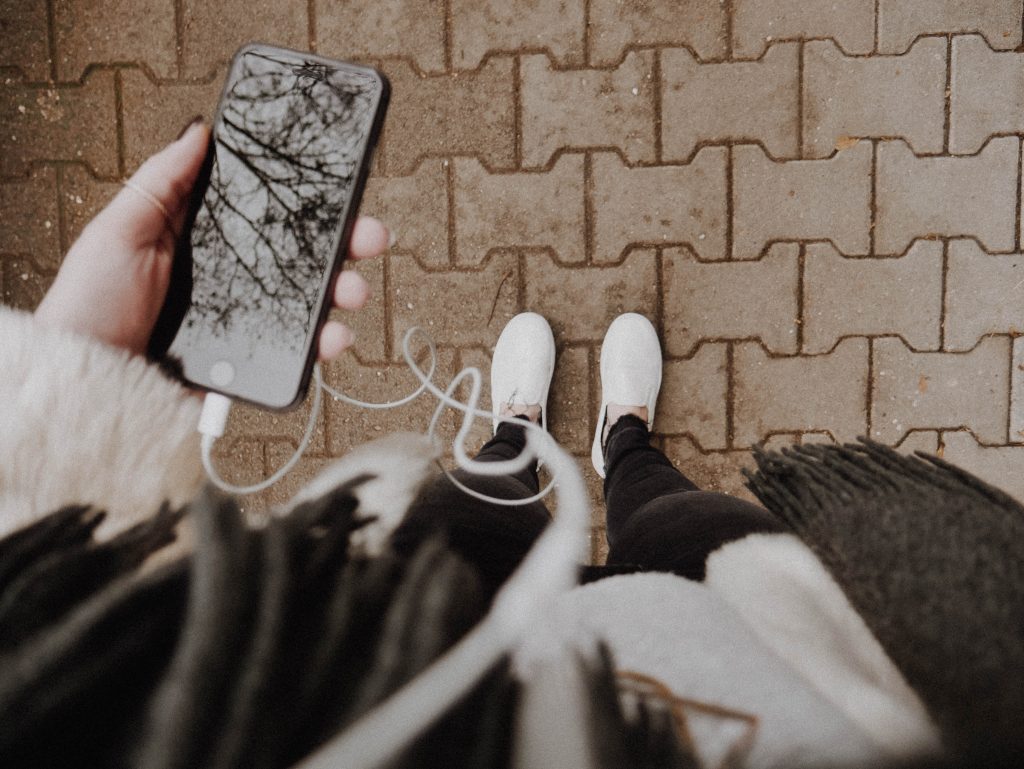
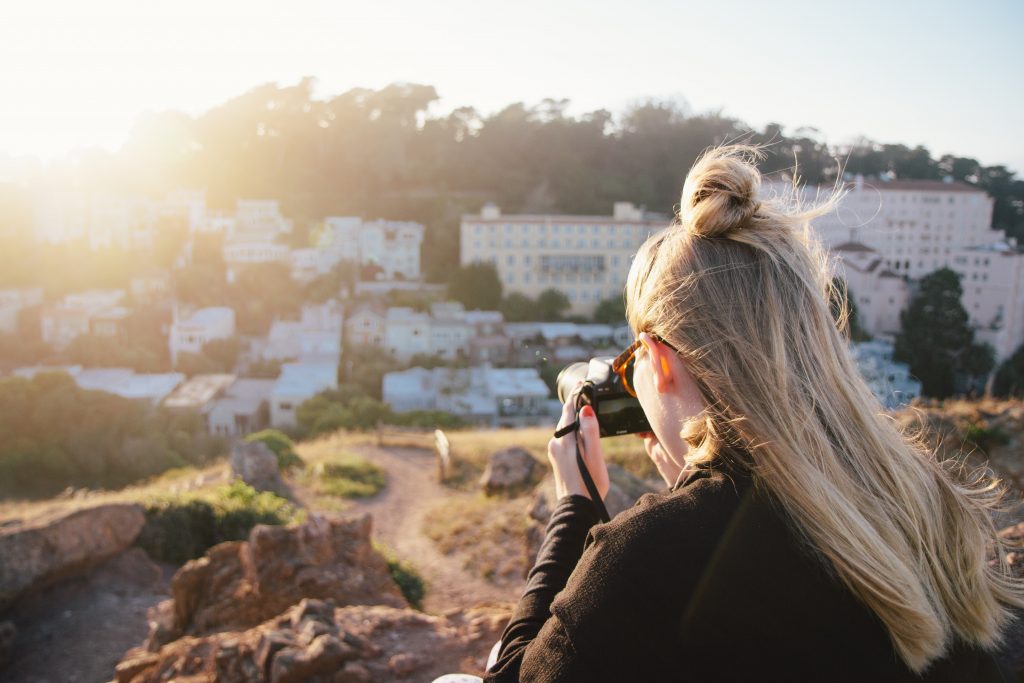
AND THE MOST IMPORTANT THING - PRACTICE!
Just learning the theory is definitely not enough. In photography, practice is at least 70% of success. Shooting, trying different styles, different genres, different locations. Playing around with lighting and exposure.
Once you get the initial habits of how to use the camera, go for your first shot! You probably won’t take the best photo of your life right away, but it will give you a thorough introduction to the camera. You’ll start to realize what knowledge you’re still lacking and instead of following every course, you’ll only follow the ones that give you that knowledge. You will see how your photos will get better and better day by day. Don’t be afraid to take crazy shots, sometimes you’ll surprise yourself with what a great shot you’ve taken.
As often as possible, ask for feedback from more experienced photographers and from other people in your area. If you see a lot of people repeating the same problem, try to get an answer to solve it and shoot again. There is no better way to learn photography than by practicing and shooting every day.
I have listed above all the sources of possible knowledge. If you want to learn to shoot as efficiently and quickly as possible, try mixing different sources of learning. Don’t stop learning even if you think you’re already great enough – there’s always something you didn’t know. And most importantly – do it with a smile on your face. It can be hard sometimes, or you may compare yourself too much to professional photographers who already have years of experience and loose motivation because your photos don’t look like theirs yet. But you have to remember that it took them some time to get to where they are now too. Rather, ask them to show you their first shots and you will see that they weren’t perfect photographers in the beginning either.
If you already know the basics of photography, the next step might be to learn how to edit your photos properly, which is what Adobe Lightroom Classic is great for.
